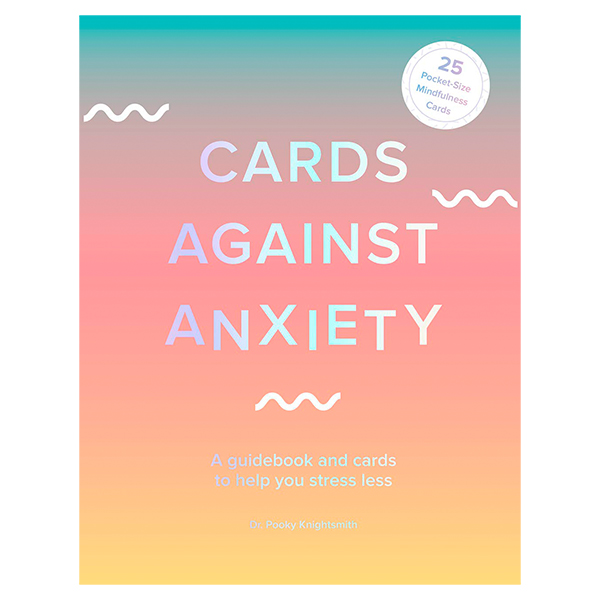Signs of Anxiety in Your Body
Gretchen Gales
Stress can come from situations big and small. Many people associate stress and anxiety with a feeling of butterflies or the occasional headache, but our body can sometimes warn us in unexpected ways that we’re overly stressed. If you relate to any of these signs, it’s time to slow down and reevaluate your routine.

The Science Behind Stress
Stress isn’t always a bad thing. In fact, it is a key human trait that is essential to survival. Ever had to turn in something into your boss on short notice? Had to pick up your child right at that moment because they got sick at daycare? Maybe a car cut you off in traffic and you nearly crashed? Our bodies and minds were built to have rapid reactions to danger or high-priority tasks.
Long-term stress is a different story. Left unaddressed, your body will start to react in unpleasant ways as a reminder to slow down. Unfortunately, too many people ignore the signs or manage their stress in unproductive ways. In fact, 77% of people in the U.S. regularly experience physical symptoms of stress while 71% experience psychological symptoms.
Your Body’s Way of Showing You’re Stressed Out (And How to Fix It)
Daily stressors can manifest as physical symptoms in our bodies. Just like life’s unexpected situations, some signs can catch you by surprise or be subtle enough to brush off for a long period of time. After a while, however, heightened levels of cortisol (the stress hormone) can cause damage to your body. If you notice one or more of these issues, it could mean you need to have a talk with your doctor.
Panic Attacks
Panic attacks are harmless, but feel like a major medical emergency. They mimic symptoms of a heart attack—breathlessness, chest pain, numbness of the limbs, and nausea—accompanied by the fear you’ve lost control of your mind and body. In fact, panic attacks are the number one reason why people end up in the emergency room for noncardiac chest pain.
If you are diagnosed with a panic attack or another anxiety-related condition, it’s time to get in contact with a mental health professional. Left untreated, panic attacks could evolve into panic disorder and agoraphobia, a fear of open spaces or situations where “escape” would be difficult.
Therapy and breathing techniques can help teach you how to manage another attack and your stressors so they don’t take over your life.
Chronic Pain
We’ve all had tension headaches, but without proper self-care, those little aches and pains could turn into a long-term problem. If you work a desk job, this can manifest as chronic headaches or problems with your neck, shoulders, and upper back. Poor posture can contribute to costochondritis, which is inflammation of the rib cartilage. Chronic jaw pain can be a sign of teeth grinding, a habit that can be caused by stress or anxiety. It can lead to permanent dental damage or jaw issues, such as TMJ disorder.
If you notice pain in these common problem areas, incorporate stretching into your daily routine if you haven’t already. Stretching keeps your muscles flexible and prevents joint damage. Make sure to get up from your desk every 20 minutes to take a walk around the house or outdoors to get fresh air.
Trouble Sleeping
If your mind is constantly running with zero breaks, sleep issues are likely to happen. An active brain can be tough to slow down, especially if you are in front of a screen for extended periods of time.
While it’s easy to take sleeping pills every time you anticipate a restless night, a better solution is to narrow down what is causing your sleeping difficulties. (Hint: it’s probably anxiety, stress, or a combo of both.) Also consider your before-bed routine. Do you prepare for sleep in advance or hope for the best once you hit the mattress? If not, consider what changes you can make for the better.
While this is far from a comprehensive list of all of the ways stress manifests in the body, it is a helpful starting place. When in doubt, pursue radical self-care and give yourself the opportunity to recharge.












